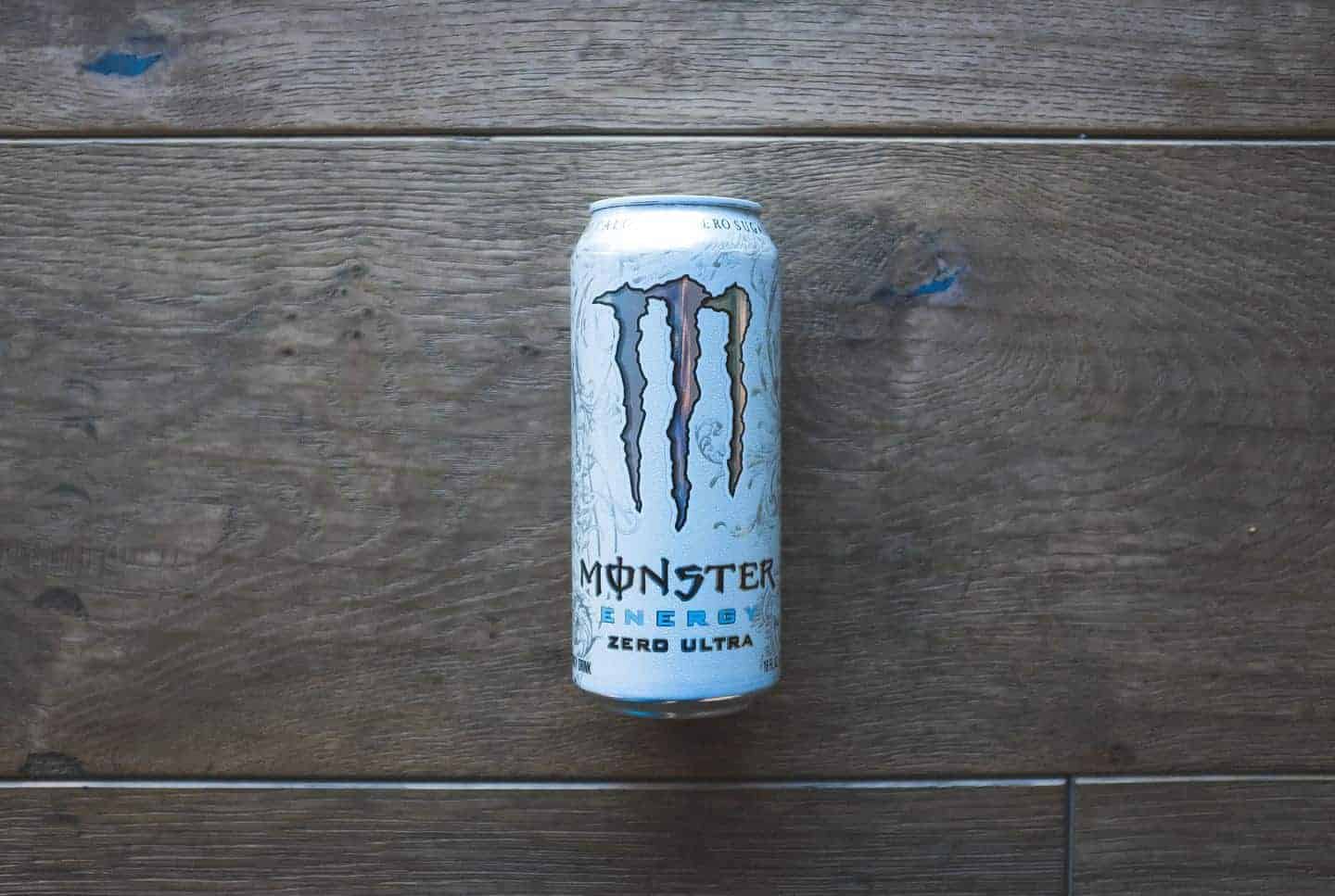Geschatte leestijd: 3 minuten
Energy drinks are popular! The consumption of energy drinks such as Red Bull, Monster, Rockstar, etc. has increased significantly in recent years. In 2006, around 500 different energy drink brands were introduced worldwide. There is only a fine line between the benefits of small amounts of an energy drink and the harmful effects of too much energy drink. One ingredient that occurs in high amounts in energy drinks is Caffeine. Caffeine is the most consumed drug in the world. In Europe, drinks with more than 150 mg of caffeine per liter are labeled as high caffeine content drinks.
Energy drinks are not sports drinks!
The lifestyles and dietary habits of adolescents and young adults have changed considerably in recent years. In busy times, energy drinks are sometimes chosen over a healthy meal at a scheduled time.
These drinks can be very high in calories and therefore contribute significantly to overweight and obesity. Also, the difference between energy drinks and sports drinks is often not understood. Examples of sports drinks are, for example, Gatorade, AA drink, or Aquarius. Often, energy drinks are consumed before, during, and after exercising instead of these sports drinks.
Unfortunately, drinking energy drinks during exercise can lead to dehydration, but more severe cases have occurred, such as heat strokes and heart attacks. The combination of fluid loss due to sweating during exercise and the diuretic effect of caffeine leads to dehydration.
The most common ingredients in energy drinks are; caffeine, guarana, taurine, sugar, ginseng, and bitter orange. Guarana and taurine have a reinforcing effect on caffeine. The amounts of caffeine and sugar often have adverse effects on the body.
Effects of caffeine
Caffeine is a stimulant that affects the central nervous system and the cardiovascular system. It increases respiratory rate, heart rate, and blood pressure, all of which can lead to improved performance.
Caffeine is also found in coffee, tea, and soft drinks, although these typically have much lower caffeine levels than energy drinks. Caffeine is legal, easily accessible, and inexpensive, and it is easily and quickly absorbed by the body.
An average dose of caffeine does not have to be bad at all and can have a positive effect on the body. 85 to 250mg of caffeine can lead to a better feeling of alertness, reduced fatigue, and improved concentration. Higher doses (250-500mg) can lead to restlessness, hyperactivity, nervousness, anxiety, and insomnia. These high levels of caffeine can also lead to seizures and heart problems. [Babu et al., 2008; Shannon, 2007; Yew & Laczek, 2007].
Effects of sugar
Sugar is a major source of energy for the brain, muscles, and other cells of the body.
American dietary authorities recommend a maximum sugar intake of only 32 grams for every 2000 calories (number of calories in a day). Larger cans of energy drinks sometimes contain a sugar content of 60-90 grams, which is much more than is recommended daily. [Clauson et al., 2008].
Caffeine with alcohol
Energy drinks are often mixed with alcohol, which is actually a very bad combination. Caffeine is a stimulant and alcohol is a depressant, and a combination of the two can make the effects of alcohol less noticeable. This often leads people to drink more than they would without energy drinks.
People who combine alcohol and energy drinks sometimes have less headaches and feelings of weakness, but they have the same reduced visual reaction time and motor coordination disorders [Babu et al., 2008; Clauson et al., 2008].
Finally
Drinking energy drinks, coffee, and other caffeine products can lead to a lack of sleep. In addition, many energy drinks contain so much sugar that it is very bad for the health of your teeth.
Many energy drinks also contain about 200 calories, and with a few cans a day, this often leads to a positive
energy balance, resulting in weight gain.
Another disadvantage is that the body becomes accustomed to the stimulating effects of caffeine, causing you to actually need more and more to get the same stimulating effect. This makes it likely that you will drink even more, leading to higher caffeine and calorie intake, which in turn results in higher harmful effects on the body.




